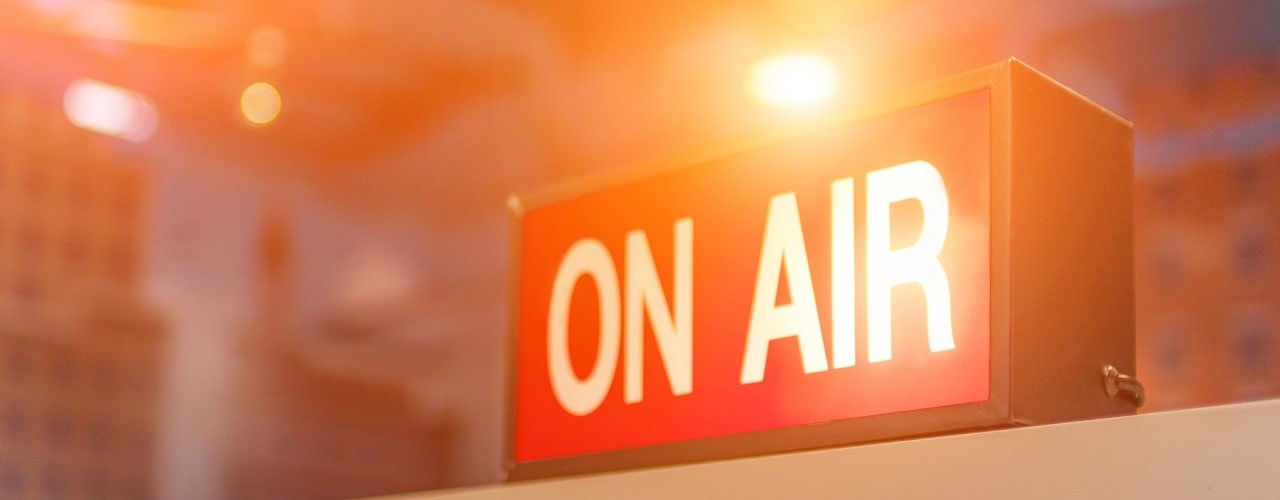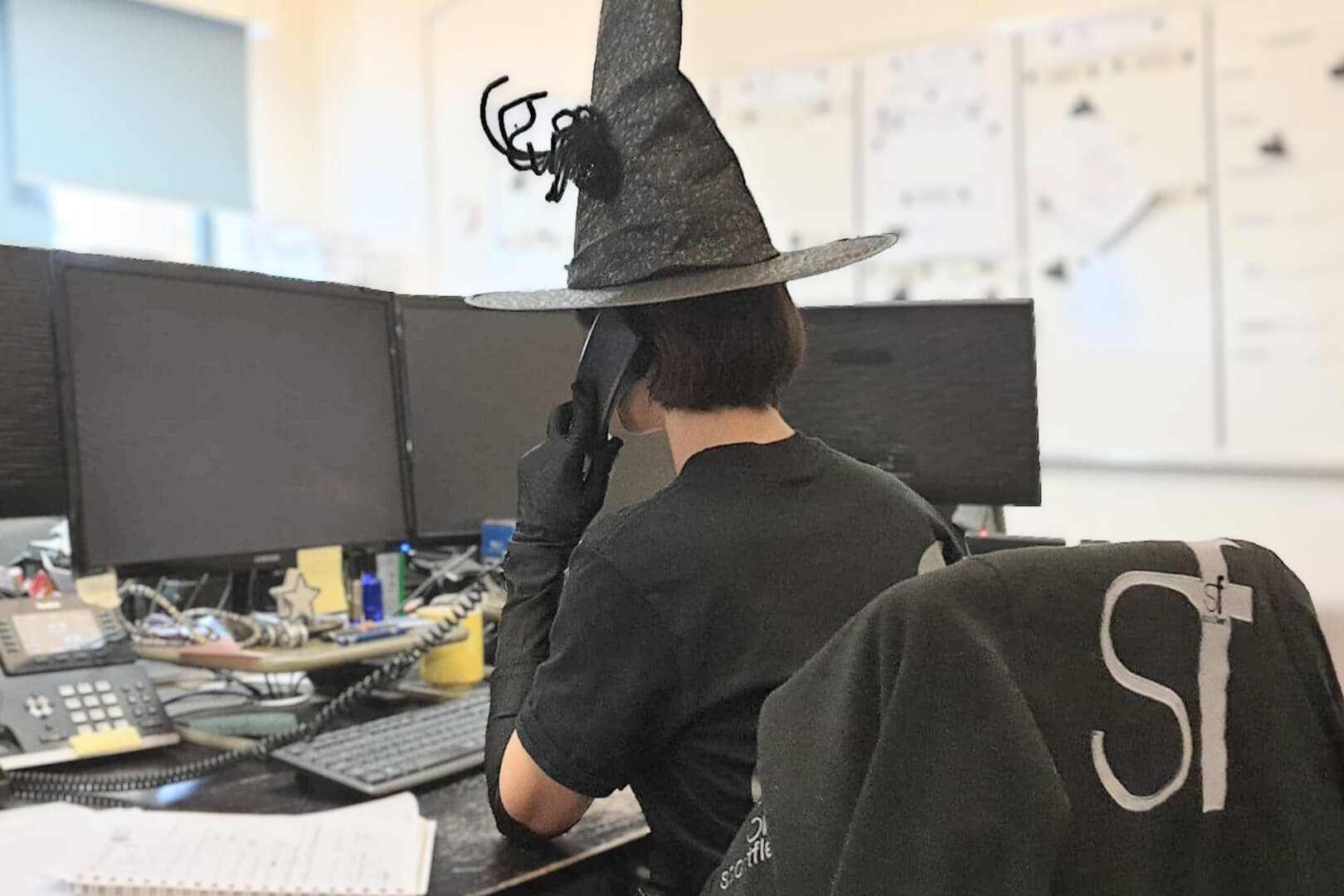Filming on many shows has begun again, but how are they keeping it Covid safe?
Filming on many shows has begun again, but how are they keeping it Covid safe?
When lockdown began in March of this year it brought filming across the industry to a grinding halt. The need to avoid COVID transmission made it impossible for production to continue and so all shows – even the big soaps like Eastenders – were shut down. Since May the industry has been looking for opportunities to open up again, albeit in a socially distanced way that is compliant with government guidelines. So, how is the industry going to keep everyone COVID safe?
The Show Must Go On
Earlier this year some of the biggest broadcasters in the UK issued a ‘back to work blueprint’ designed to help the industry get back on its feet while also ensuring everyone was COVID safe. The measures in it have been adopted by BBC, ITV, Channel 4, Channel 5 and Sky and set out what will be the basis for filming for the foreseeable future.
Actors will need to remain separate. The rules on social distancing will still need to apply so actors will be kept apart in compliance with the latest government guidelines. Unfortunately, the magic of TV cannot protect them against Coronavirus.
Asking actors to do more in order to minimise contact. On set actors are being asked to pick up their own costumes, do their own hair and make up and put on their own microphones. Because actors aren’t practiced in doing these things it could mean prep for filming takes longer, something that could end up costing the industry more per production.
To minimis logistics it’s recommended that local crews are used to reduce the need to travel and that outside locations are prioritised over those indoors.
Marking the social distance. Where filming is inside there are clear markings in terms of keeping cast and crew at a safe distance. As well as the use of green screens. This is one way in which it’s easier to reduce the number of people on set so green screens are being used much more frequently.
There have been Changes to the script. Pre-COVID scripts were written without any need for social distancing in mind. Now, rewrites need to be factored in to ensure that this can be maintained at all times, and no one’s health is put at risk in the name or entertainment.
Fewer stunts. Many action scenes have been scrapped where they involve particularly high-risk scenarios in order to minimise the potential pressure on the emergency services if something goes wrong. As well as this, many stunts require a large team of people to put together and keep safe, this makes it very hard to social distance.
The BBC has started using smaller, much more limited crews called Skeleton Crews and this is a trend right across the industry – the soap Neighbours, for example, was one of the first to start filming again with fewer characters in each scene and rewritten scripts.
Implied rather than explicit sex scenes. Intimate scenes between characters are probably the hardest to handle in the current environment. ‘The Directing Nudity and Simulated Sex: Intimacy in The Time Of COVID-19’ guidelines suggest that filming should focus on the implication that sex has taken place, from using silhouettes and shadows to just focusing on characters getting dressed afterwards to show what has happened.
The film and TV industry probably faces some of the biggest challenges in terms of continuing to function during these socially distanced times. However, as BBC director of content Charlotte Moore said, there is a lot that can be done to rise to the creative and technical challenge. Check out how our creative construction has risen to the challenge in the past.
Still Have Questions?
Our friendly team is here to help you out.

